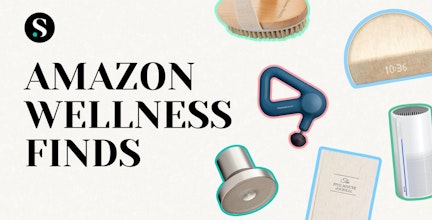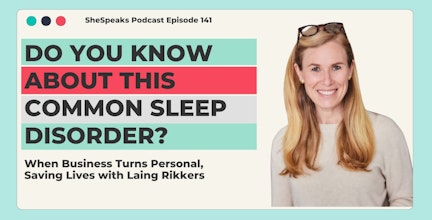Why the Job You Have in Your 20's and 30's Could Make You Sick in Your 40's

If you’re in your 20’s or 30’s and have been sticking around a job you hate in hopes of a promotion that never comes, it may benefit your future health to cut your losses and move on. A new study suggests that job satisfaction in your 20’s and 30’s plays a big role in how you feel by the time you’re in your 40’s.
CBS News reports about the Ohio State University study that looks at how midlife mental health is directly affected by how happy we are while working in our 20’s and 30’s. Researchers involved in the study looked at data from a study for the U.S. Bureau of Labor Statistics that began in 1979. Having access to information about job satisfaction from decades ago allowed researchers to look at the health and wellness of participants over a lifetime. Lead author of the study Jonathan Dirlam explains, “We thought this would be great to use in a study on job satisfaction and its health effects over the life course. Very few if any studies have done this, so we thought it would make for an interesting contribution to this topic.”
What researchers found specifically was that individuals who were unhappy in their careers in their 20’s and 30’s were much more likely to suffer depression, sleep disturbances and worry in their 40’s. Interestingly, the study also found that those who were merely “satisfied” with their job before the age of 40 were also more likely to suffer mental health risks. The people most likely not to have these problems were the participants who said they were “very satisfied” with their careers at that time.
It seems you can’t just be “okay” with career in your 20’s and 30’s but must really be happy at your job to reduce risk of mental health issues in your 40’s. Dirlam says, “ I would say our study’s main findings are you’re likely to have worse health if you don’t love your job rather than if you hate your job.” This is something to think about when you are weighing more than one job offer. Even though money is a major factor in choosing employment, Dirlam warns that those just starting out should take their happiness into account. He says, “It may be more beneficial for overall life satisfaction to take a job with slightly less pay if that job will give you higher job satisfaction. Most people spend almost half of their waking life at work and it’s important that you are able to find some joy during this time.”
What do you think of this study that suggests those that are not in love with their jobs in their 20’s and 30’s have higher risk of suffering mental health problems in their 40’s?
Would you take a job that offers lower pay if you were certain you’d be happier working there?










_01252024061712.jpg?max-w=432&max-h=220&fit=crop&auto=format)

_10242023164832.jpg?max-w=432&max-h=220&fit=crop&auto=format)


_08172023152001.jpg?max-w=432&max-h=220&fit=crop&auto=format)


 (6)_07082023175312.jpg?max-w=432&max-h=220&fit=crop&auto=format)
 (1)_05192023144508.jpg?max-w=432&max-h=220&fit=crop&auto=format)

 (37)_05032023114523.jpg?max-w=432&max-h=220&fit=crop&auto=format)
 (3)_04112023125932.jpg?max-w=432&max-h=220&fit=crop&auto=format)
 (36)_04272023152113.jpg?max-w=432&max-h=220&fit=crop&auto=format)